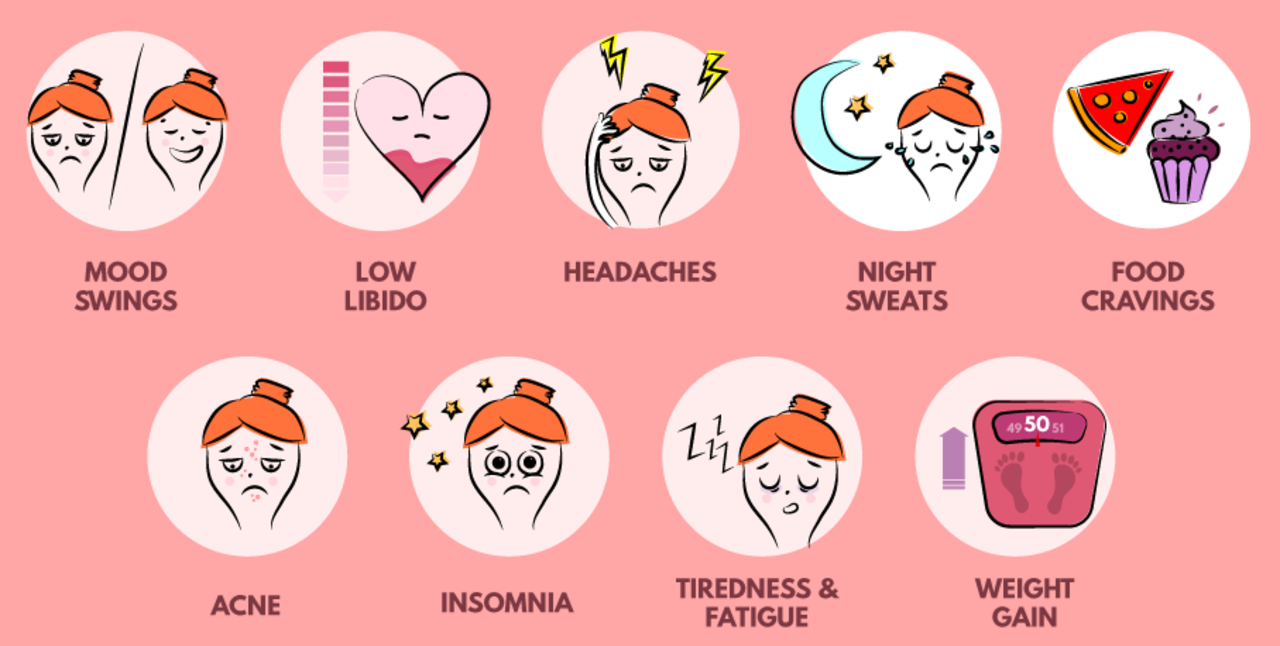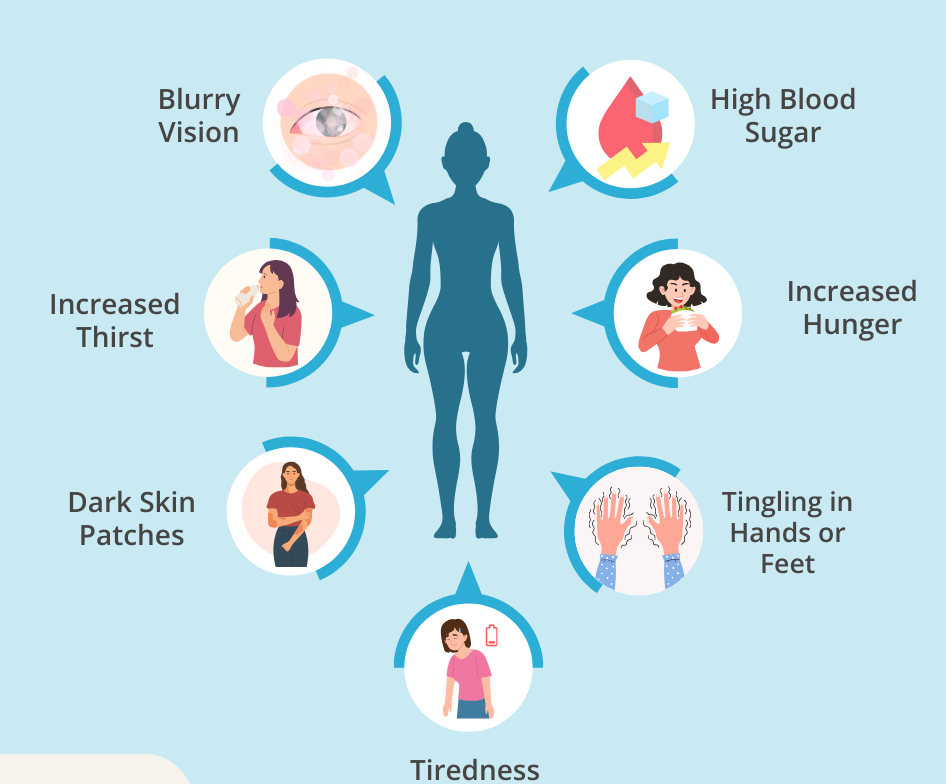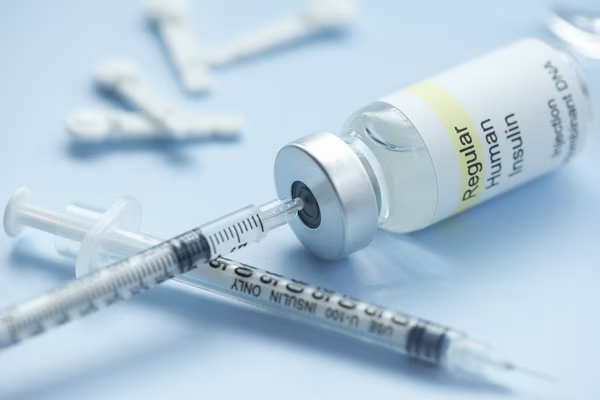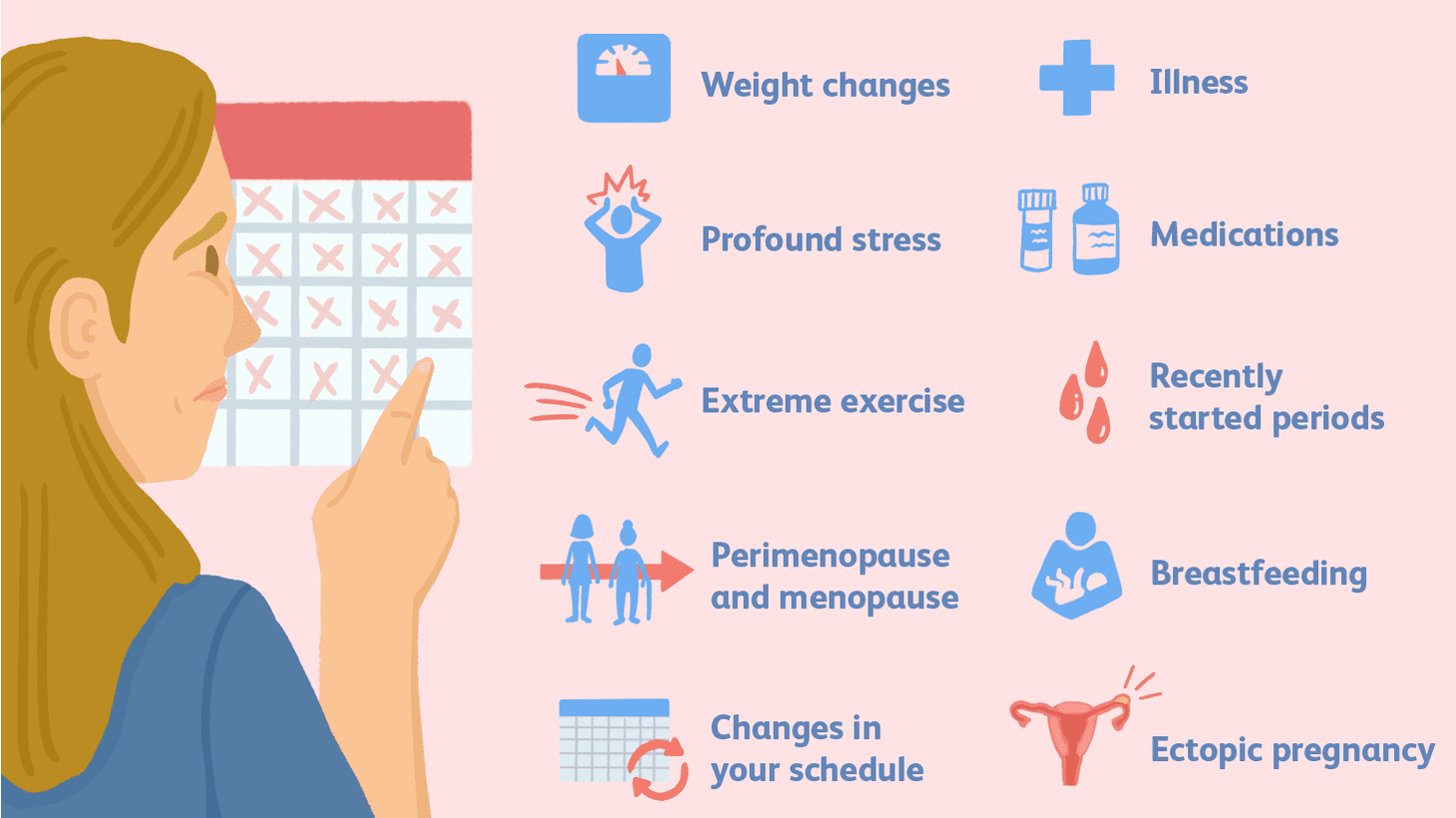Testosterone, the primary male sex hormone, is also naturally produced in small amounts in females. However, when testosterone levels rise beyond normal in women, it can trigger a range of physical and hormonal changes.
What Happens When Testosterone Increases in Women?
Elevated testosterone in females can lead to:
-
Unwanted facial hair
-
Hair thinning or baldness (especially at the crown)
-
Severe acne
-
Irregular or delayed periods
-
Unexplained weight gain
-
Fertility issues
-
Anxiety or mood disturbances
Over time, these symptoms may progress into a hormonal and metabolic condition known as Polycystic Ovary Syndrome (PCOS).
What is PCOS?
Polycystic Ovary Syndrome (PCOS) is a common hormonal disorder affecting women of reproductive age. It disrupts the body’s natural hormone production and metabolism.
Causes of PCOS
There are two primary factors driving PCOS:
1. Hormonal Imbalance

-
Ovaries produce higher-than-normal levels of androgens (male hormones like testosterone).
-
This imbalance leads to irregular ovulation and menstrual cycles.
-
Symptoms such as acne, facial hair, and hair thinning become prominent.
2. Insulin Resistance
-
The body’s cells become less responsive to insulin.
-
As a result, blood sugar levels rise and the body stores more fat.
-
This creates a feedback loop that worsens hormone imbalance.
⚠️ Note: Insulin resistance is often the root cause of both weight gain and hormonal irregularities in PCOS.

How Does Insulin Resistance Affect You?
Insulin is the hormone responsible for transporting sugar (glucose) from the bloodstream into your cells for energy.

When your body becomes resistant to insulin:
-
Glucose remains in the blood, increasing sugar levels.
-
The pancreas produces even more insulin to compensate.
-
Excess insulin prompts your ovaries to produce more testosterone.
-
This leads to weight gain, irregular periods, and infertility.

Long-Term Complications of PCOS
If left unmanaged, PCOS can result in serious health risks:
1. Type 2 Diabetes
-
Persistent insulin resistance can evolve into diabetes.
-
Pregnant women may develop gestational diabetes.
2. High Blood Pressure
-
Increased risk of hypertension and cardiovascular strain.
3. Heart Disease
-
Higher chances of heart attack or stroke over time.
4. Endometrial Cancer
-
Absence of periods for extended periods can increase the risk of uterine cancer.
PCOS and Mental Health
Apart from physical symptoms, PCOS can impact mental and emotional wellbeing:
-
Low self-esteem due to facial hair, weight gain, or acne
-
Depression and anxiety
-
Mood swings and stress related to fertility concerns
🧠 Did you know? Up to 70% of women with PCOS remain undiagnosed.
How you can help yourself?
The most important thing is that you yourself are responsible for your condition?
1. Meet your OBS and Gynecologist
You have to meet a gynecologist Young doctor examining pregnant woman in clinic

Gynecologist is the prime doctor to treat this disease. You should meet your gynecologist.
2. Do Exercise
We can reduce insulin resistance by exercising.

Exercise reduces insulin resistance, exercising will not increase your risk of diabetes or heart attack and will also reduce your weight.
3. Make Weight Loss
If you start losing weight, your insulin resistance will decrease, and your cycles will become regular.

The problems you’re currently suffering from, like facial hair growth and pimples, will also reduce because as insulin resistance decreases and your cycles become regular, the testosterone produced by your ovaries will also decrease.
The syndrome or disease that has surrounded you, causing you so much distress that you’re heading towards low mood and depression, has one simple solution: losing weight. To lose weight, you need to exercise and make dietary modifications.
As soon as you start losing weight you will start getting relief in your symptoms.
Apart from this you must meet your gynecologist because this disease is not just limited to your ovaries or periods but this disease affects many different organ functions of yours.
EXERCISE IS HIGHLY EFFECTIVE AGAINST INSULIN RESISTANCE. SIMPLIFY YOUR WEIGHT-LOSS WITH CALORIE DEFICIT AND EXERCISE
One important thing in this is that if you do not have your periods for 3-4 months, then the more delayed your periods are, the more your risk of getting uterus cancer increases due to this disease.

If you have any of these symptoms. Do not forget to get an ultrasound done and see whether you have polycystic ovary or not.
If you have even this symptom then you have to meet your gynecologist. And you have to treat it and also you have to reduce your weight.
You have to exercise daily. If you do moderate intensity exercise for 20-30 minutes daily then you will get great relief from it. By doing a simple brisk walk for 20 minutes daily, you will get relief from the symptoms of this disease.
Final Thoughts
PCOS is not just a reproductive issue—it is a systemic metabolic disorder. The key to managing it lies in lifestyle changes, timely medical intervention, and self-awareness.
By focusing on weight management, improving your insulin response, and consulting the right healthcare providers, you can reverse many symptoms and regain control over your health.